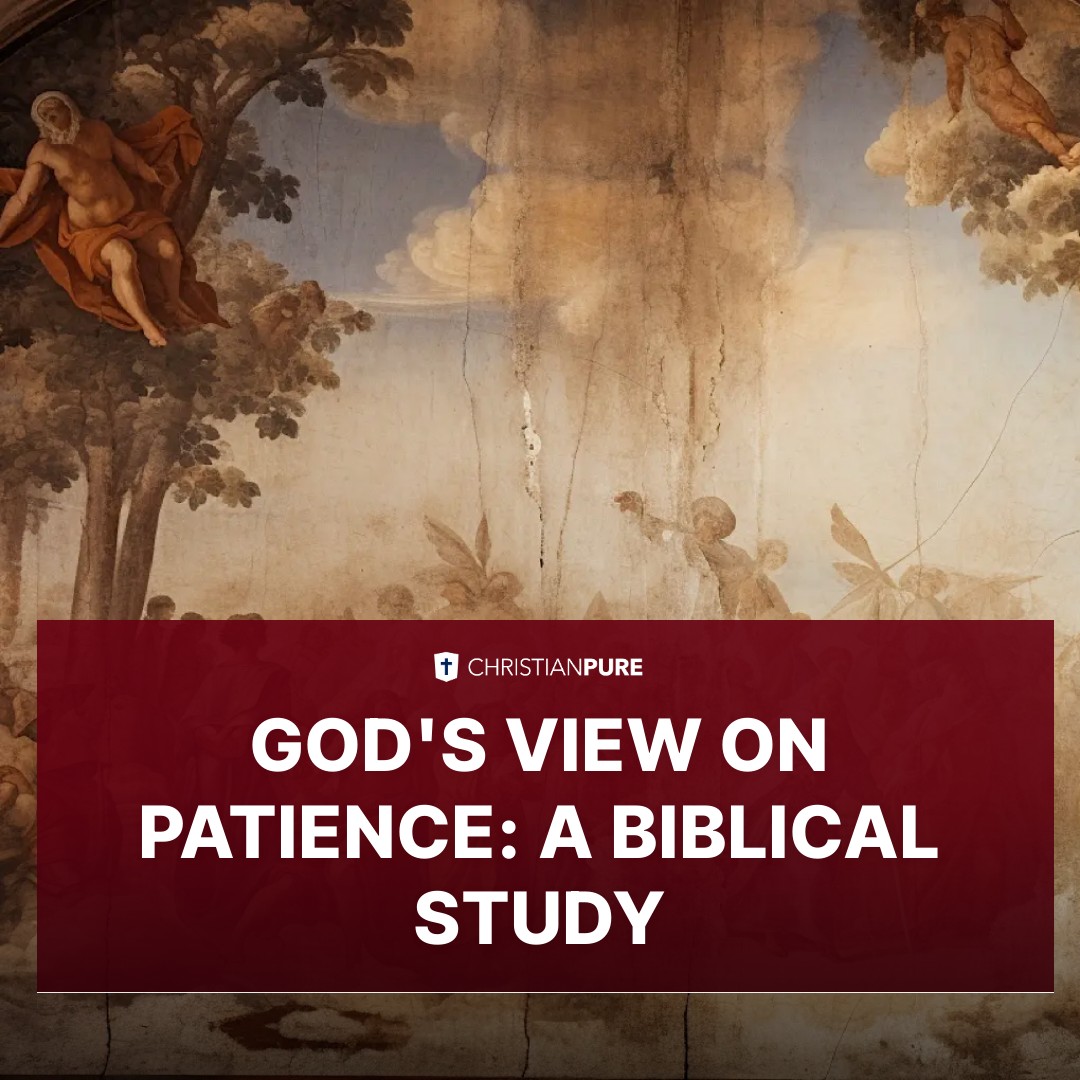Proverbs 10:22
"The blessing of the Lord brings wealth, without painful toil for it."
Reflection:This verse highlights that true wealth comes as a blessing from God, not merely from our own efforts. It suggests that divine blessing is integral to genuine prosperity, emphasizing that God's gifts come with peace, not distress.
Matthew 6:24
"No one can serve two masters. Either you will hate the one and love the other, or you will be devoted to the one and despise the other. You cannot serve both God and money."
Reflection:This teaching underscores the conflict between devotion to material wealth and spiritual devotion to God. It warns against allowing wealth to become an idol, thus hindering one's relationship with God.
1 Timothy 6:10
"For the love of money is a root of all kinds of evil. Some people, eager for money, have wandered from the faith and pierced themselves with many griefs."
Reflection:This verse cautions against the dangers of prioritizing money above all else, illustrating how such a misplaced love can lead to spiritual and moral downfall.
Ecclesiastes 5:10
"Whoever loves money never has enough; whoever loves wealth is never satisfied with their income. This too is meaningless."
Reflection:Here, the vanity of pursuing wealth as an end in itself is exposed. It suggests that a relentless pursuit of material wealth leads to a never-ending cycle of dissatisfaction.
Proverbs 22:7
"The rich rule over the poor, and the borrower is slave to the lender."
Reflection:This verse speaks to the social and economic realities of wealth and debt, warning of the power dynamics and dependencies that can arise from financial inequalities.
Luke 12:15
"Then he said to them, 'Watch out! Be on your guard against all kinds of greed; life does not consist in an abundance of possessions.'"
Reflection:Jesus' warning against greed serves as a reminder that the essence of life is not found in material accumulation but in relationships, particularly our relationship with God.
Proverbs 11:28
"Those who trust in their riches will fall, but the righteous will thrive like a green leaf."
Reflection:Trusting in wealth for security is depicted as ultimately futile. In contrast, righteousness, or living according to God's will, is presented as the true source of life and stability.
Matthew 19:24
"Again I tell you, it is easier for a camel to go through the eye of a needle than for someone who is rich to enter the kingdom of God."
Reflection:This hyperbolic statement emphasizes the spiritual danger of wealth, suggesting that reliance on riches can impede one's spiritual journey and relationship with God.
Proverbs 13:11
"Wealth gained hastily will dwindle, but whoever gathers little by little will increase it."
Reflection:The verse advocates for diligence and patience in accumulating wealth, contrasting quick, ill-gotten gains with steady, honest work.
Philippians 4:19
"And my God will meet all your needs according to the riches of his glory in Christ Jesus."
Reflection:This promise assures believers that God will provide for their needs, emphasizing reliance on divine provision rather than personal wealth.
Proverbs 23:4-5
"Do not wear yourself out to get rich; do not trust your own cleverness. Cast but a glance at riches, and they are gone, for they will surely sprout wings and fly off to the sky like an eagle."
Reflection:This proverb warns against the futility and transient nature of pursuing wealth, advocating for a focus on more eternal and stable sources of security and value.
Hebrews 13:5
"Keep your lives free from the love of money and be content with what you have, because God has said, 'Never will I leave you; never will I forsake you.'"
Reflection:This verse encourages contentment and trust in God's provision, highlighting that God's presence is more valuable than material wealth.
Luke 16:11
"So if you have not been trustworthy in handling worldly wealth, who will trust you with true riches?"
Reflection:Jesus points out the importance of faithful stewardship of material resources as a reflection of one's ability to handle spiritual riches.
Proverbs 3:9-10
"Honor the Lord with your wealth, with the firstfruits of all your crops; then your barns will"
be filled to overflowing, and your vats will brim over with new wine.
Reflection:This passage encourages the use of wealth to honor God, promising divine blessings in return. It speaks to the principle of giving as an act of worship and trust in God's provision.
Malachi 3:10
"Bring the whole tithe into the storehouse, that there may be food in my house. Test me in this,' says the Lord Almighty, 'and see if I will not throw open the floodgates of heaven and pour out so much blessing that there will not be room enough to store it.'"
Reflection:This verse challenges believers to trust God with their finances through tithing, promising unprecedented blessings in response to obedience and faith.
Luke 6:38
"Give, and it will be given to you. A good measure, pressed down, shaken together and running over, will be poured into your lap. For with the measure you use, it will be measured to you."
Reflection:This teaching emphasizes the principle of generosity, suggesting that the way one gives will directly influence the blessings one receives.
2 Corinthians 9:6-7
"Remember this: Whoever sows sparingly will also reap sparingly, and whoever sows generously will also reap generously. Each of you should give what you have decided in your heart to give, not reluctantly or under compulsion, for God loves a cheerful giver."
Reflection:Paul encourages generous giving as an expression of faith and a reflection of God's own generosity, emphasizing the joy in giving freely.
Proverbs 28:25
"The greedy stir up conflict, but those who trust in the Lord will prosper."
Reflection:Greed is shown as a source of discord, whereas trust in God is correlated with true prosperity, which includes peace and contentment.
Ecclesiastes 2:26
"To the person who pleases him, God gives wisdom, knowledge and happiness, but to the sinner he gives the task of gathering and storing up wealth to hand it over to the one who pleases God. This too is meaningless, a chasing after the wind."
Reflection:This verse contrasts the divine gifts given to the righteous with the futile efforts of the wicked, highlighting the ultimate vanity of accumulating wealth without a right relationship with God.
Proverbs 15:16
"Better a little with the fear of the Lord than great wealth with turmoil."
Reflection:This proverb prioritizes spiritual richness and peace over material abundance, suggesting that contentment and reverence for God are more valuable than vast wealth.
Proverbs 16:8
"Better to have little, with righteousness, than to earn much but not fairly."
Reflection:This verse emphasizes the importance of integrity in acquiring wealth, suggesting that ethical considerations should outweigh the pursuit of financial gain.
Luke 12:33-34
"Sell your possessions and give to the poor. Provide purses for yourselves that will not wear out, a treasure in heaven that will never fail, where no thief comes near and no moth destroys. For where your treasure is, there your heart will be also."
Reflection:Jesus encourages his followers to invest in eternal treasures rather than earthly ones, highlighting the transformative power of generosity on one's priorities and values.
1 Timothy 6:17-19
"Command those who are rich in this present world not to be arrogant nor to put their hope in wealth, which is so uncertain, but to put their hope in God, who richly provides us with everything for our enjoyment. They are to do good, to be rich in good deeds, and to be generous and willing to share."
Reflection:This passage advises those with wealth to remain humble and to see their resources as a means to serve others, emphasizing a godly stewardship that seeks to bless rather than hoard.
James 5:1-3
"Now listen, you rich people, weep and wail because of the misery that is coming on you. Your wealth has rotted, and moths have eaten your clothes. Your gold and silver are corroded. Their corrosion will testify against you and eat your flesh like fire. You have hoarded wealth in the last days."
Reflection:James issues a stern warning against hoarding wealth and living in luxury at the expense of justice and generosity, emphasizing the eventual judgment that such actions incur.
These reflections offer a glimpse into the complex relationship between wealth and spirituality as understood within the Christian faith, urging believers to consider their priorities, stewardship, and the ultimate source of their security and satisfaction.





















